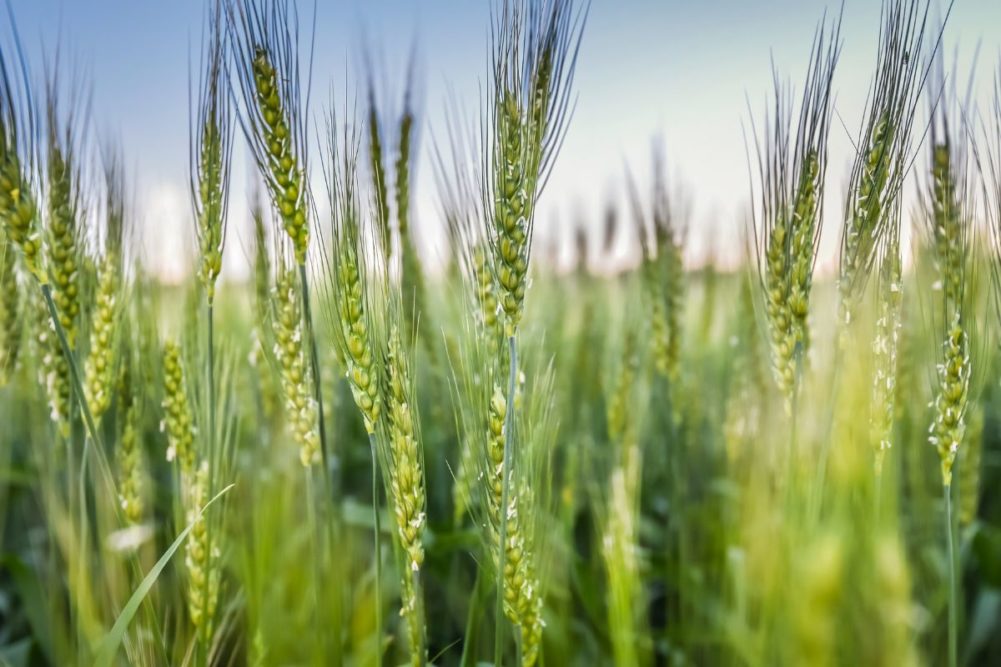MINNEAPOLIS, MINNESOTA, US — Ceres Global Ag, a US-based global agriculture, energy and industrial products company, has entered into an exclusive agreement with Grupo Trimex, Mexico’s largest flour miller, to collaboratively develop and execute regenerative agriculture initiatives, expanding programs across Canadian and US hard red spring wheat supply sheds.
The overall goal of the partnership is to deliver transformative production outcomes that enhance grower performance and environmental sustainability, the companies said in their Feb. 12 announcement. The primary focus of the collaboration will be the adoption of innovative agronomic practices and technologies that deliver positive outcomes at the farm gate, while reducing greenhouse gas emissions, and protecting biodiversity and water quality.
“This partnership with Trimex marks a significant step forward in our core long-term priority of developing regenerative agriculture and supply chain solutions,” said Carlos Paz, president and chief executive officer of Ceres. “We believe that regenerative agriculture is an integral part of addressing climate change and creating positive outcomes for both our farmer partners and our planet. Together with Trimex, we are well-positioned to foster more efficient growing practices and continue to offer tailored solutions to strategic customers.”
Mar Gutiérrez, sustainability and social impact manager at Grupo Trimex, said increased transparency across the supply chain is vital for consumers to understand how their food is produced.
“Through this collaboration with Ceres, we want to shine a light on the great work that wheat growers in the northern plains are already doing when it comes to sustainable production,” Gutiérrez said. “Just as importantly, we want to work with growers in the adoption of new practices on their farms. These practices must add value to the grower while also helping us further improve sustainable wheat production.”
Regenerative agriculture focuses on rebuilding and maintaining the health of the soil by promoting biodiversity, improving the water cycle, and increasing organic matter within the soil. It encompasses a variety of practices that aim to improve the productivity of soils, minimize soil erosion, and eliminate GHG emissions or capture carbon in the soil, which can help mitigate the effects of climate change.
Given the diversity in cropping systems globally, the practices that achieve the desired outcomes vary from region to region. By enhancing the resilience and vitality of farmland, regenerative agriculture not only benefits the environment, but also supports long-term sustainability and productivity for farmers, the partners said.
“Wheat growers across the US northern plains and the Canadian prairies have been among the quickest to adopt practices like zero till and diverse crop rotations to support soil health and improve outcomes on their farms,” said Jeff Wildeman, managing director at Ceres. “We are excited to work collaboratively with growers and Trimex in accelerating this continuous journey of improvement. Working together to identify local, scalable solutions that deliver value to the grower and create positive environmental outcomes is core to our work.”



